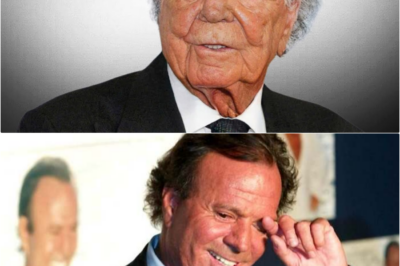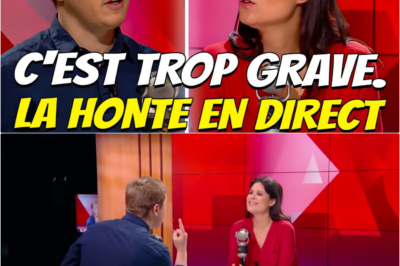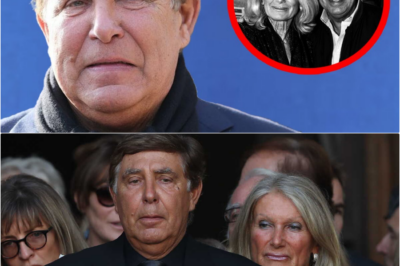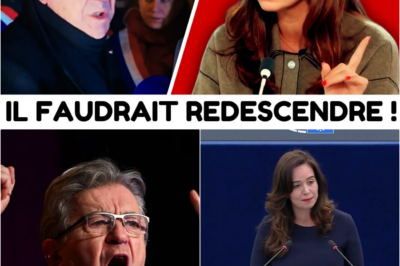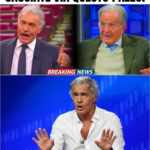Ukrainian President Volodymyr Zelenskyy has announced that he is now ready to sign a minerals deal with the United States, despite a tense confrontation with former President Donald Trump and Vice President J.D. Vance at the White House last Friday. The sudden shift in Zelenskyy’s stance has raised questions about the state of U.S.-Ukraine relations and the potential future of military and economic cooperation between the two nations.
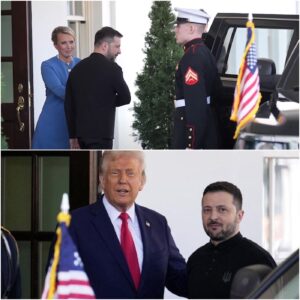
During his visit to Washington, Zelenskyy had a heated exchange with Trump and Vance, leading to speculation that the relationship between the U.S. and Ukraine was deteriorating. However, Zelenskyy remains confident that ties with the U.S. can be repaired and that a minerals deal is still within reach. He has expressed a desire for security guarantees, though Trump administration officials insist that such guarantees would be contingent on a peace deal between Ukraine and Russia.
The U.S. administration has emphasized its intent to bring Russian President Vladimir Putin to the negotiating table, arguing that peace talks must precede any long-term economic agreements. Treasury Secretary Scott Bessent has stated that a minerals deal is currently off the table. Some Republican officials believe a reset in relations is necessary, and they argue that the responsibility for this reset lies with Zelenskyy.
“Something has to change,” one official remarked. “Either he needs to come to his senses and come back to the table in gratitude, or someone else needs to lead Ukraine and do it.”
Meanwhile, European leaders have been grappling with the fallout from recent developments. At a European summit, UK Prime Minister Keir Starmer outlined a plan to continue supporting Ukraine, including military aid to prevent future invasions. The plan, however, would require U.S. support to be fully effective.
French President Emmanuel Macron has also weighed in, suggesting that a temporary ceasefire could be possible and that European troops might be deployed at a later stage to maintain stability.
One of the main sources of tension between Zelenskyy and the U.S. administration was his approach during his Washington visit. Reports indicate that he was advised to present himself in a more diplomatic manner, including wearing a suit and tie, and to avoid taking the bait during potentially provocative exchanges. However, Zelenskyy did not follow this advice, which contributed to the breakdown in discussions.
Some officials, including Senator Lindsey Graham, had cautioned Zelenskyy ahead of his meetings to remain composed and express gratitude for the extensive aid the U.S. has provided to Ukraine. Instead, Zelenskyy appeared confrontational, which some believe has jeopardized future agreements.
Following these developments, sources inside the White House have suggested that a deal will not proceed unless Zelenskyy formally apologizes for his actions during the visit.
Despite the friction, Zelenskyy has publicly stated that he remains willing to maintain a constructive dialogue with the U.S. and wants to ensure Ukraine’s position is heard. Republican leaders, including Senator Marco Rubio, have stressed the importance of negotiations, arguing that an alternative to peace talks could mean years of prolonged war and continued financial strain on Western allies.
As the situation evolves, the world watches closely to see whether Ukraine and the U.S. can mend their strained relationship and whether a minerals deal can still be finalized.
News
Nolwenn Leroy : Les Révélations Poignantes de ses 42 ans sur “l’Amour de sa Vie”
Dans l’univers parfois impitoyable du show-business français, rares sont les artistes qui parviennent à maintenir une frontière étanche entre les…
Julio Iglesias à 81 ans : Entre aveux sincères, secrets de famille et vérité sur sa santé, la légende se livre enfin
Julio Iglesias n’est pas seulement une voix ; il est un mythe vivant, une icône de la romance qui a…
Isabelle Nanty : Le combat secret d’une icône entre la vie et la mort après une hospitalisation critique
Le monde du cinéma français a retenu son souffle. Isabelle Nanty, figure emblématique et solaire de nos écrans, a traversé…
CLASH EXPLOSIF : Louis Boyard et Apolline de Malherbe, le duel qui a embrasé le direct !
L’arène médiatique a tremblé ce matin. Ce qui devait être une interview politique classique s’est transformé en un véritable champ…
Jean-Pierre Foucault en deuil : Les adieux déchirants à Marie-José Tramoni, la seule femme qu’il ait jamais épousée
Le paysage médiatique français est en émoi. Derrière l’image de l’animateur infatigable, toujours prêt à distribuer sourires et bonne humeur…
Sarah Knafo “rhabille” la gauche : le choc des vérités sur le Venezuela !
Le séisme politique : Sarah Knafo face à l’aveuglement idéologique Le paysage médiatique français vient d’être le théâtre d’une déflagration…
End of content
No more pages to load


